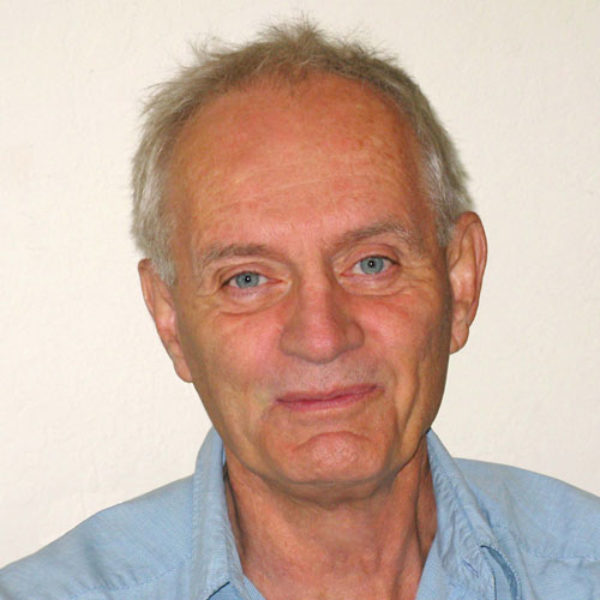Gregory writes: “The early Buddhist vision of the arahat ideal is sometimes taken to imply that individual awakening is the sole aim of the Path whereas the later Buddhist vision of the bodhisattva ideal centers on the liberation of all beings. The gap between practice aimed at solitary awakening and practice aimed at liberation of all beings sets up a false dichotomy that is potentially alienating and confusing. How should I be living and practicing to fully realize the potential of the Buddha’s teachings?
In this talk I’ll address how a relational understanding of the human experience necessitates a relational understanding of the Buddha’s teachings and introduce interpersonal meditation practices that emerge from these teachings. By incorporating the understanding of our deeply relational nature into our Dhamma path, we heal the unnecessary gap generated by conflicting individual, relational, and social perspectives on life, practice, and awakening. Personal freedom, unconstructed intimacy that manifests as love and compassion with another, and a just, equitable and flourishing society are all part of the Dhamma.”







Discussion